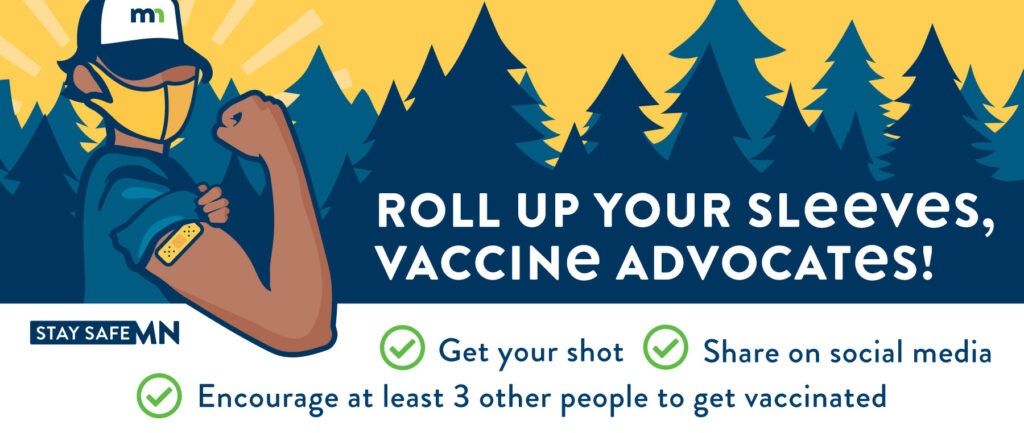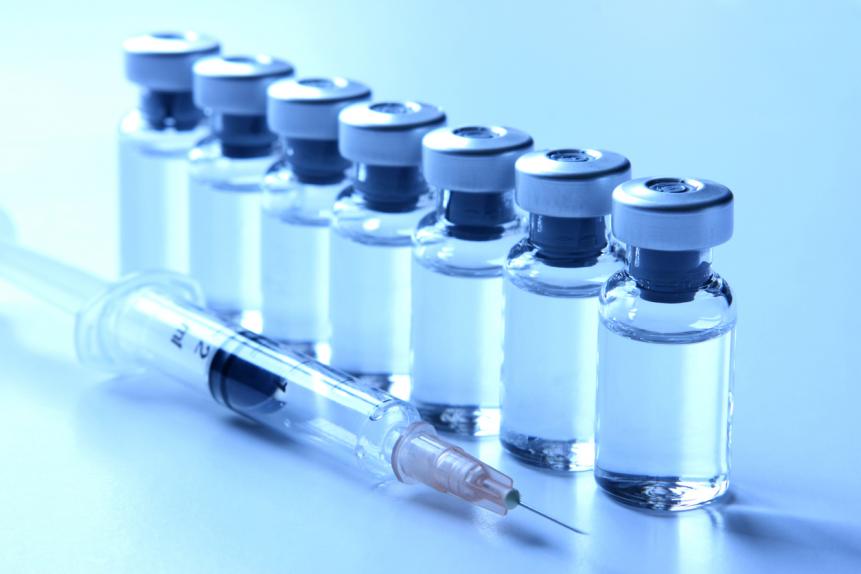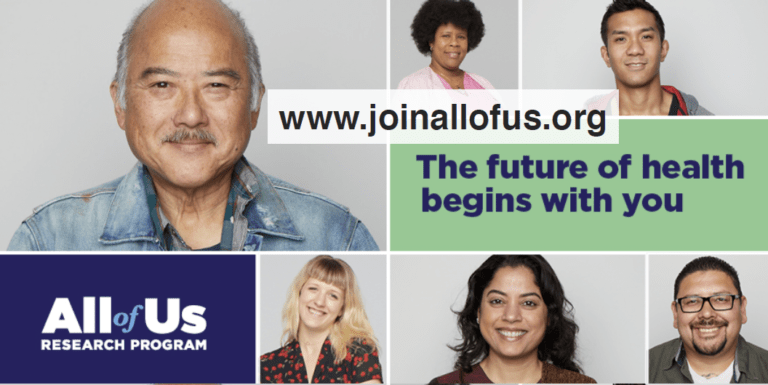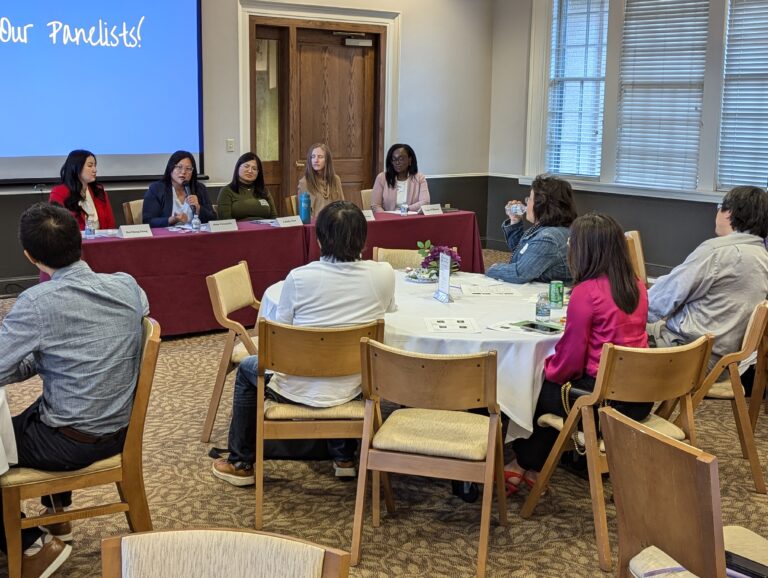Developed by Asian Media Access and Spitfire
Everyone has made changes in our lives because of COVID-19. Our daily routines are different, like working or learning from home, wearing masks, or staying six feet away from our friends and relatives.
One of the tools for keeping our communities safe from COVID-19 is the vaccine. Vaccines are like a seatbelt for our immune system. The immune system is the body’s defense system to fight off sickness and keep us healthy. Just like we wear seatbelts to stay safe in case of a car crash, getting vaccinated helps keep us healthy when viruses like COVID-19 spread.
Vaccines work by training our body’s immune system to fight sickness. If we do catch the virus, our bodies can react faster. That protects us from getting very sick or needing to go to the hospital.
When our body knows how to fight a virus, that is called immunity. Vaccines give lots of people immunity, which means the virus cannot spread as easily through the population. When viruses spread, they can change into new forms. Vaccines help stop viruses from changing into new forms that cause more harm.
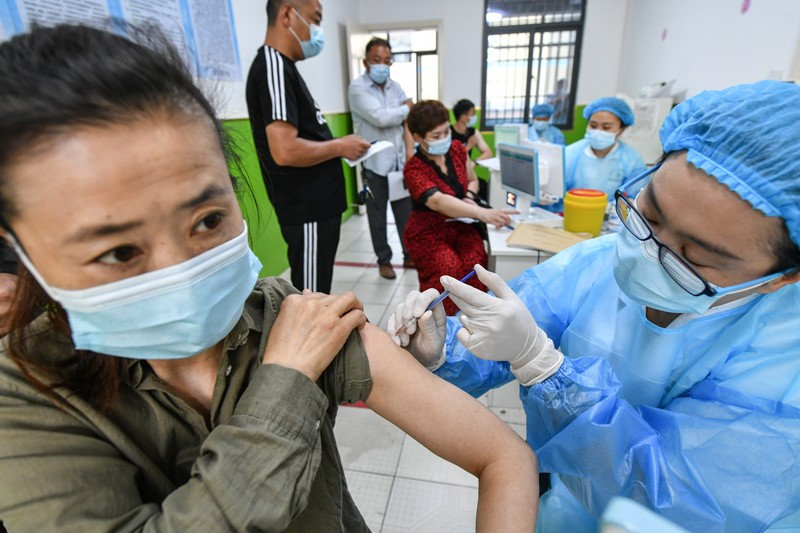
Vaccines have helped communities fight viruses for more than 100 years. Vaccines fought off smallpox, measles, and polio and are the main reason these deadly viruses are not common today. Building off of the experience with smallpox and other viruses, scientists developed safe and effective vaccines for COVID-19. The technology and ingredients used in the COVID-19 vaccines were researched for decades.
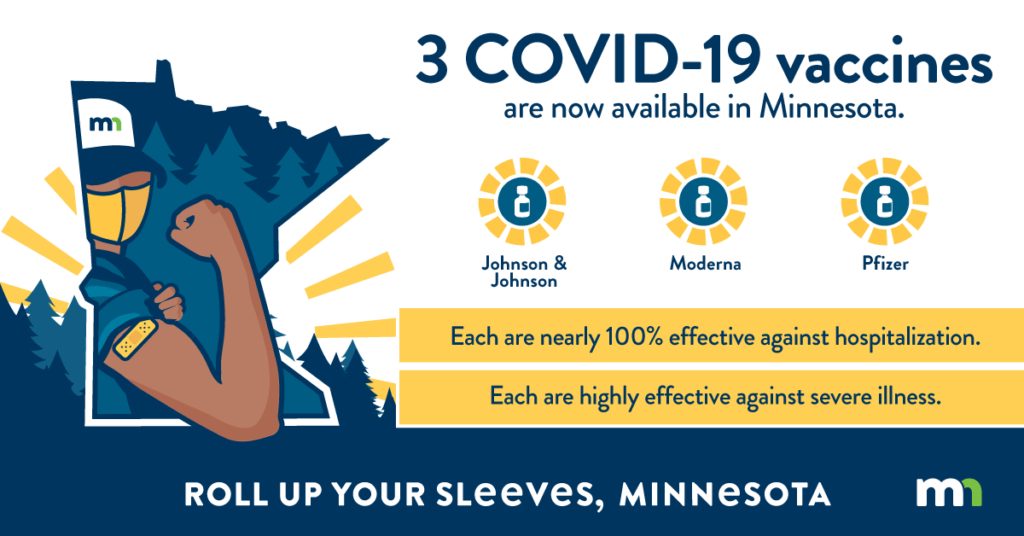
Three companies (Pfizer, Moderna, and Johnson & Johnson) developed COVID-19 vaccines that are safe and effective. The vaccine ingredients are similar to food ingredients. They are made up of mNRA, fats, sugars, and salts. Like food, the vaccine ingredients leave your body after they have done their job.
mRNA is the ingredient that makes the Pfizer and Moderna vaccines work. mRNA is a molecule that gives the immune system instructions about how to fight the virus. These harmless molecules allow our immune systems to practice fighting COVID-19 and build a strong defense.
| Pfizer-BioNTech | Moderna | Johnson & Johnson | |
| Active ingredient: | mRNA | mRNA | Vector (deactivated piece of virus that helps the immune system build a defense) |
| For ages: | 5+ | 18+ | 18+ |
| Doses: | 2 + boosters | 2 + booster | 1 + booster |
| Effectiveness: | 95% | 95% | 67% |
Each of the vaccines went through three strict periods of research and testing to make sure they are safe and effective. Each vaccine also received two approvals. One was from the Food and Drug Administration (FDA), the government agency in charge of making sure medicines are safe. The other was from the Advisory Committee on Immunization Practices. These are medical and health experts who develop guidelines for safely using vaccines.
Since the vaccines were approved in December 2020, 255+ million people in the United States have taken them. That is why it is now safer to return to school and work. It is also safer to see our loved ones in person. Getting vaccinated is free and easy. Local clinics, pharmacies, and healthcare centers in your community provide vaccines at no cost. You do not need health insurance or an ID to get one.
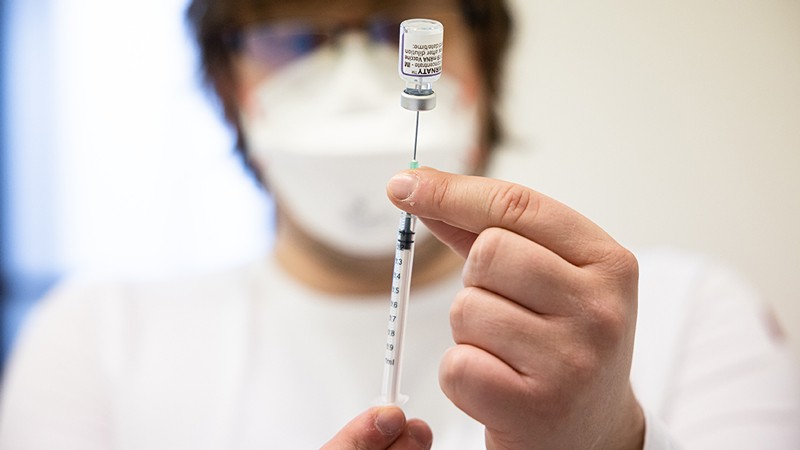
After getting the shot, it is normal to feel a little sick. You might have soreness in your arm, headaches, tiredness, muscle pain, chills, fever, or nausea. These are signs the vaccine is working. Your body is learning how to fight the virus.
COVID-19 is especially dangerous for older people and people with other health problems. Their bodies cannot fight off viruses very well. Vaccinations can help these people stay safe from the virus. If you have someone in your family who is older or has a health problem, getting vaccinated protects their health and your own.
COVID-19 has made the last two years scary and overwhelming. But you can take control of your health and protect your community by learning more about the vaccine. Doctors and nurses are ready to answer your questions and ease your worries. So, keep asking questions and talking with family members and friends about their vaccine experience. That will help you decide whether vaccines are right for you and your community. For more information, visit projecthealings.info.
